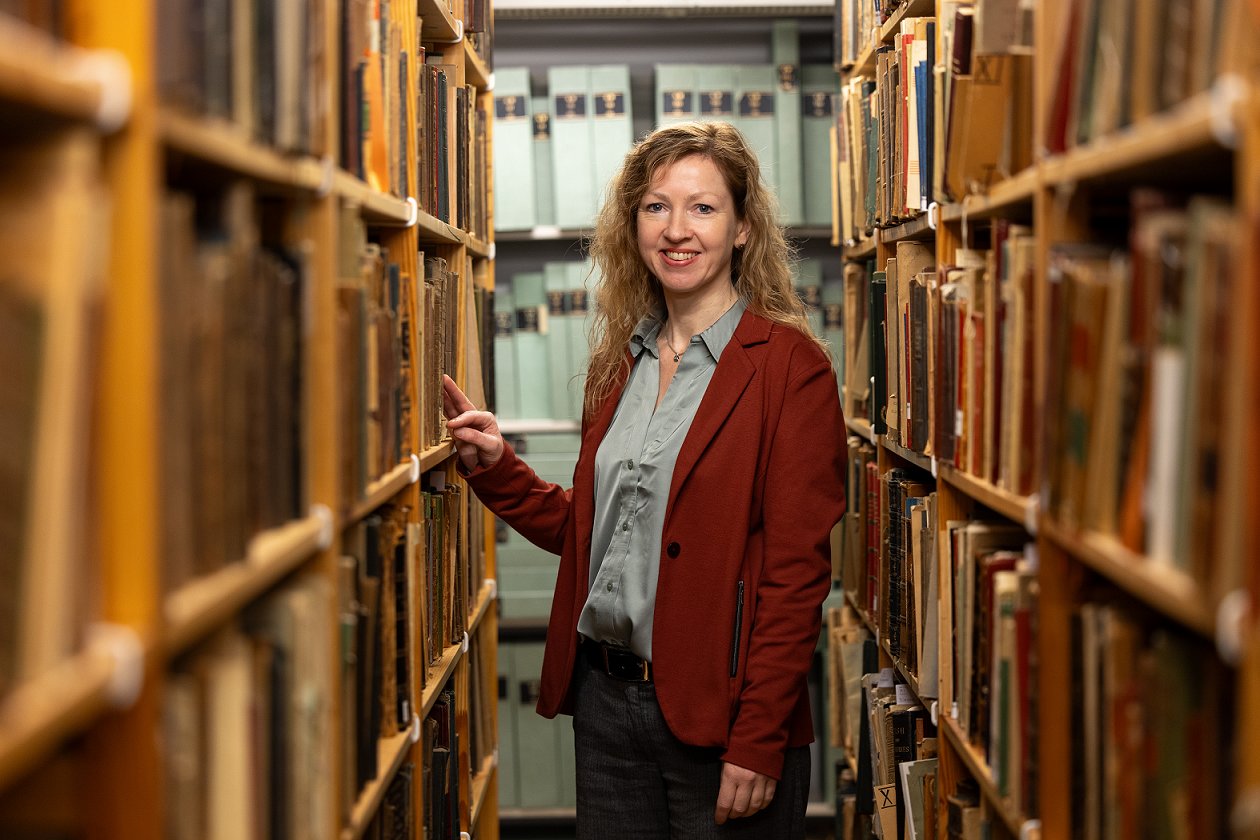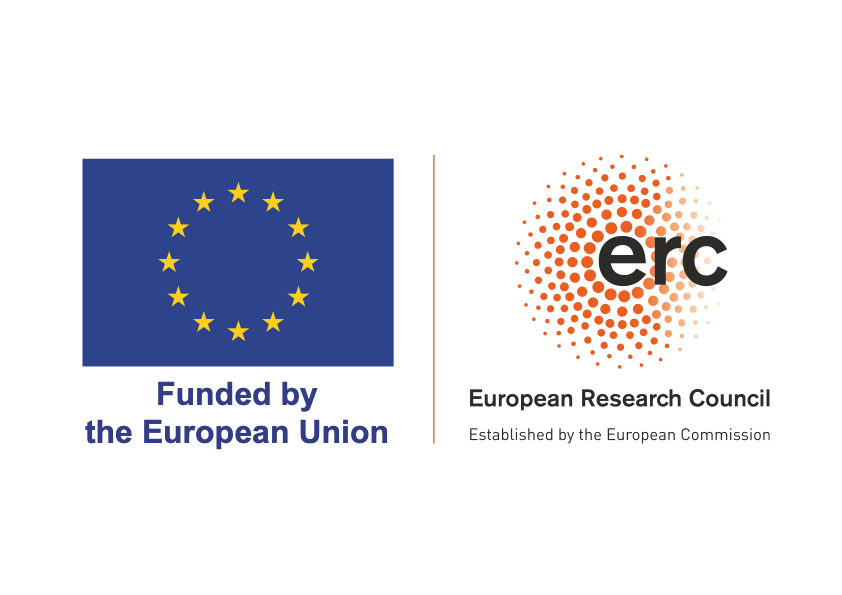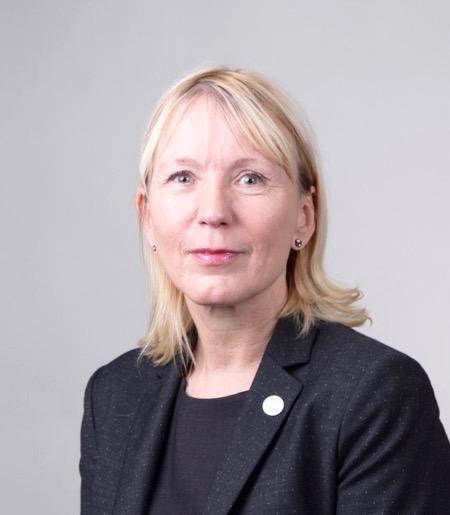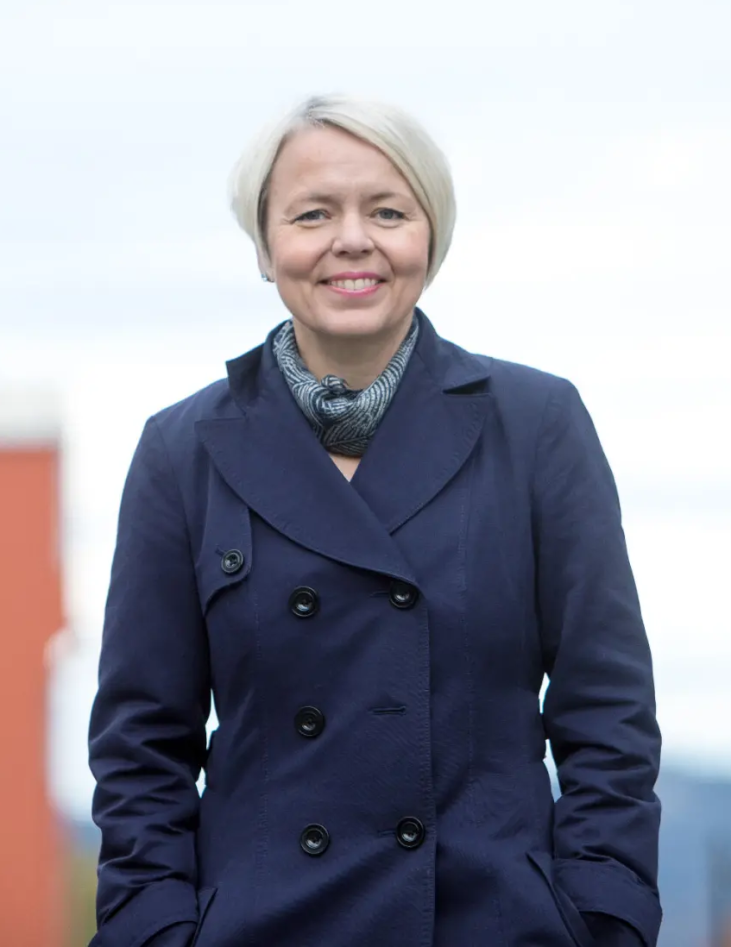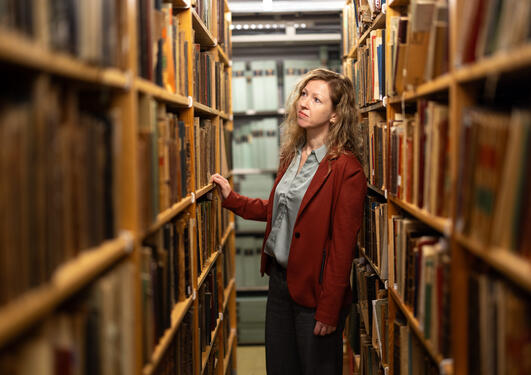Nordic research team receives €13 million to explore medieval book culture
Åslaug Ommundsen from the University of Bergen, along with three Nordic research partners, has been awarded an ERC Synergy Grant to investigate how books and literary networks shaped Northern Europe between 1000 and 1500 CE.

Hovedinnhold
The CODICUM project is one of 57 groundbreaking research projects that receives a total of 571 million Euros, according to today's announcement from the European Research Council, ERC.
The project brings together experts in history, literature, and bio-codicology from four Nordic universities to explore medieval knowledge networks. This groundbreaking study combines traditional humanities approaches with cutting-edge biomolecular analysis of fragments from medieval books, written on animal skin.
How book culture shaped medieval Europe
The project will investigate approximately 50,000 medieval Latin book fragments preserved in Nordic collections — one of Europe’s largest archives of medieval book culture.

"These fragments represent an extraordinary treasure trove that can transform our understanding of how books and ideas circulated in medieval Europe," Professor Åslaug Ommundsen says. "With this funding we will be able to lift fragment studies to a new level and dramatically increase our knowledge about medieval books and how the Nordic region became part of a pan-european book culture."
Ommundsen is a Professor of Medieval Latin Philology at the Department of Linguistic, Literary and Aesthetic Studies at the University of Bergen (UiB).
Medieval books played a vital role in shaping European history, carrying rituals, stories, and ideas as they were read, copied, and shared across regions. Today, they offer scholars insights into historical trade, craftsmanship, and the religious, social, and intellectual networks that connected Europe. Less than 10% of the European manuscript corpus survives, with an even smaller fraction in Scandinavia.
How binding materials accidentally saved thousands of medieval books
"While most medieval manuscripts in the Nordic countries were destroyed or lost after the Reformation, their leaves were often recycled as binding material for administrative documents. This practice accidentally preserved evidence of thousands of books, most of them Latin books used in churches, and often originating from other parts of Europe," Professor Ommundsen says.
A unique feature of this project is the use of new techniques to trace the geographic origins of manuscript materials and identify previously unknown connections between religious and intellectual centres.
Combining classic humanities with cutting-edge biomolecular analysis
"Using biomolecular methods, we can now extract DNA and protein information from parchment to determine where animals were raised and how manuscripts were produced," says Professor Matthew Collins at the University of Copenhagen.
"The fragments are challenging us to rethink how we define 'textual heritage'. Rather than belonging to individual nations, these manuscripts reveal a shared European literary heritage that transcended medieval borders,” says Professor Lars Boje Mortensen at the University of South Denmark.
"By analysing both the texts and materials of these fragments, we hope to unlock a new understanding of how Northern Europe was integrated into broader European intellectual culture," adds Professor Tuomas Heikkilä at University of Helsinki.
Together with Ommundsen from UiB, Professors Collins, Mortensen and Heikkilä make up the leading team of this research project .
"Highly prestigious grant "
UiB Rector Margareth Hagen is immensely proud and pleased with the ERC Synergy Grant awarded to Professor Åslaug Ommundsen and her collaborators:
"An ERC Synergy Grant is highly prestigious. It is awarded to the leading international researchers in their fields who come together in innovative research collaborations to generate new knowledge", Hagen emphasizes, adding: “I look forward to seeing what this project will reveal about Northern European networks in the Middle Ages. Understanding history is, of course, crucial for understanding the development of today's modern society".
Daring, original and ambitious project
Camilla Brautaset, Dean of the Faculty of Humanities, expresses equal enthusiasm for the achievement, emphasizing the importance of the knowledge that Professor Ommundsen and her team will provide:
"I am, first and foremost, truly happy for Professor Ommundsen and her partners. They are all outstanding scholars in their respective fields, and by channeling this expertise into a daring, original, and ambitious collective endeavor like CODICUM, they will unlock insights that would otherwise be unavailable to us — both as scholars and as a society.
The Faculty of Humanities could not be prouder or more excited to witness the results of this groundbreaking project", says the Dean.
